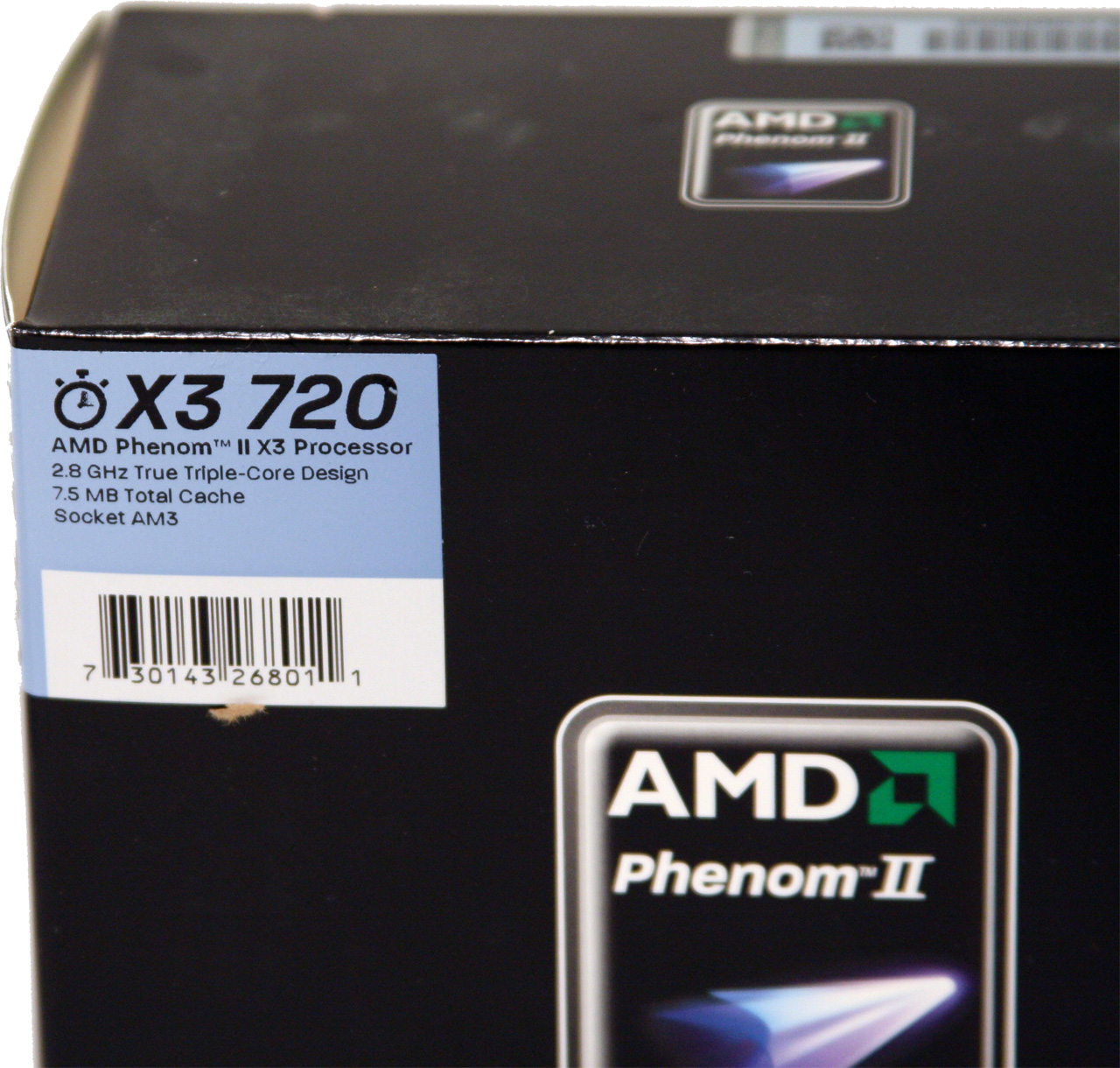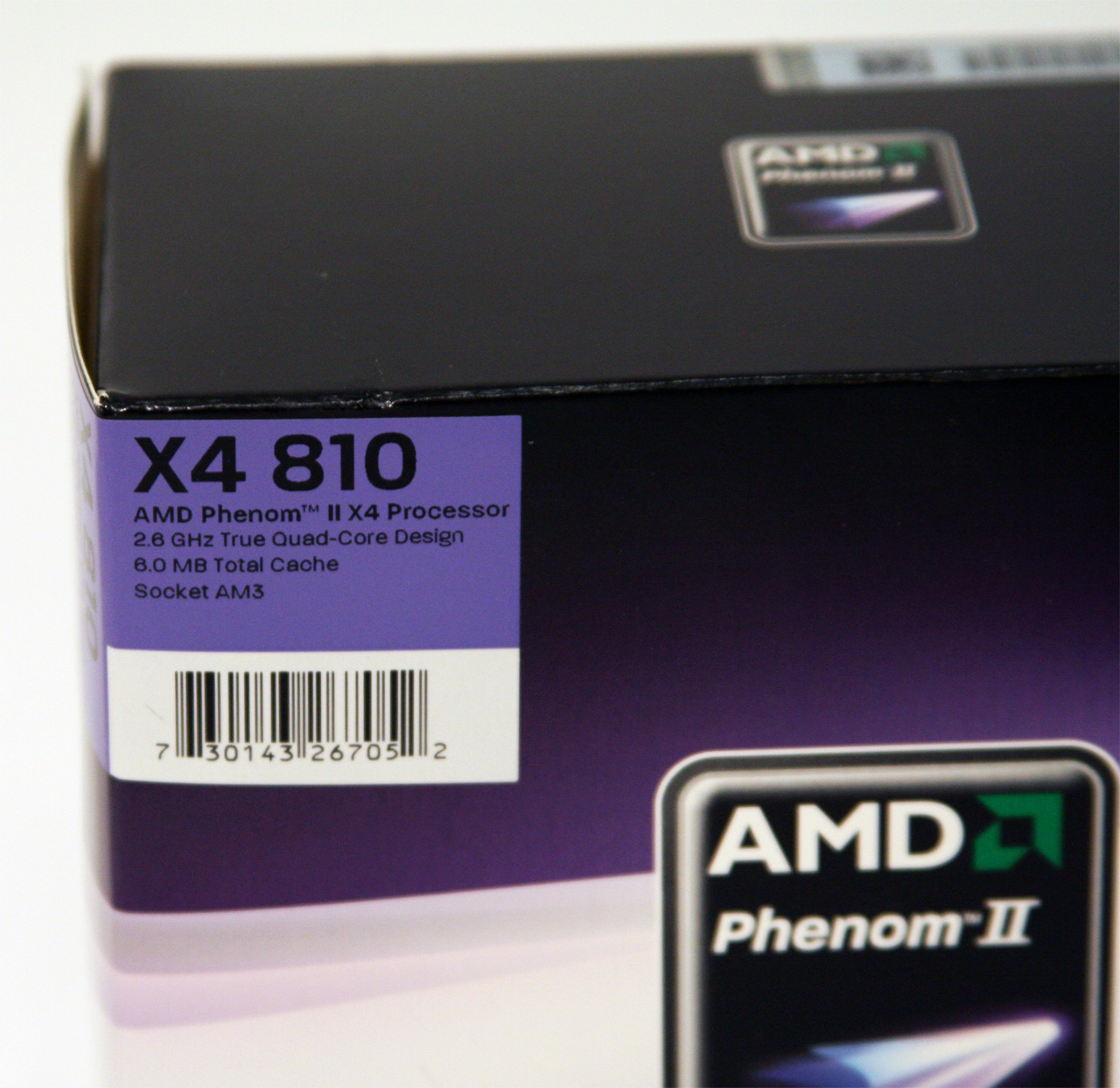Phenom II: Unlocking Cores, Cache, And A Free Lunch
Introduction
Every so often, a story breaks that goes a little something like this: manufacturer x, known for its flagship product y, recently started offering a mid-range product z based on silicon that wouldn’t bin up to y. Rather than throw the entire die out, x disables one part and sells it off as z—something less expensive.
Much of the time—it’d be disingenuous of me to guess how often, exactly—this happens because part of the die is really defective. But sometimes a vendor simply needs to fill in a price gap in its lineup where a competitor is eating its lunch. ATI’s Radeon HD 4830. Nvidia’s GeForce GTX 260. AMD’s Phenom II X3 700- and 800-series. These are all parts based on more expensive components.
Ah, AMD’s Phenom II.
A couple of months back, a report came from Korea claiming that you could unlock the fourth core on a Phenom II X3 processor by simply enabling Advanced Clock Calibration on certain motherboards, in essence, turning a $135 Phenom II X3 720 Black Edition into a $190 Phenom II X4 920 (Black Edition) with a simple BIOS switch. We’ll skip over the obvious question for now: “Is saving $55 worth a potentially-unstable system?”
If you remember back to our Phenom II launch piece, AMD claimed that ACC technically did nothing for Phenom II, as the technology’s benefits—which were supposed to help Phenom achieve higher overclocks—were already baked into Phenom II. Now it seemed that the SB750-based feature was having some other effect on Phenom IIs as well.
Why this worked remains a mystery. Two motherboard vendors—ASRock and Biostar—claim to support the ability to unlock X3 CPUs, but neither company is able to divulge exactly how they’re doing it. To be fair to both companies, this is less likely to be trickery on their part, and the closest we've come to an explaination goes a little something like "ACC is able to adjust the error checking process of the CPU, enhancing its error tolerance and avoiding the potential for collapse under certain circumstances." As the theory goes, increasing the error tolerance with ACC makes it possible to "revive" the disabled silicon.
A product manager from Biostar says that any board with an SB750 southbridge can technically achieve the unlock. ASRock confirms the same, and gave us its test data with a number of CPUs indicating a fairly even split between chips that will unlock and run stably, chips that will unlock but aren’t stable, and chips that won’t unlock at all.
Get Tom's Hardware's best news and in-depth reviews, straight to your inbox.
Stop That
Here’s the interesting part. AMD claims that the noise made over this ACC/Phenom II X3 phenomenon is doing great for the sales of a product family that we’ve always thought was just a little weird. After all, when the first X3s launched, there were applications out there that didn’t quite know what to do with three cores. To that end, the company says it has no plans to try stopping enthusiasts from unlocking the X3’s fourth core by striking ACC from SB750.
But one motherboard vendor claims that AMD is going to discontinue ACC in its SB750 starting this month. Another board vendor says that it is getting pressure from AMD to update the ACC embedded controller firmware immediately and post it to an “updated” BIOS. Though the first guess might be conjecture, the second is most definitely true. There’s no such thing as a free lunch, so they say. Want proof? Keep reading.
-
dirtmountain Good article. Now if you can just get your ad clowns from sticking us with those annoying ads.....!Reply -
cangelini Well, but the point isn't the benchmarks. We already know that most games are going to be limited more by graphics horsepower versus whether a CPU has three or four cores/4MB shared L3 or 6MB shared L3.Reply
In fact, when it comes to gaming, you're going to be better off looking for the fastest overclock possible with your three good cores or 4MB of known-good cache, really. -
omg you replied to me... i'm so honoured :PReply
but yes, i agree... but if you had crossfire gpus, this would make a difference. but then again, i think you'd have the money to buy the real thing (phenom II 920) -
apache_lives Page 3 "it ran for an hour sans error before we shut it down" - mistake?Reply
Me wonders if extra v's would help both to the memory, HTT and cores etc, or underclock that extra core if possible....
On the other hand as all overclockers/modders should be aware THERE'S NO GUARANTEE on what you can get out of your hardware etc.
Out of interest, is the third core ("Core 2"... LOL) still always the culprit of every X3 (unlockable or not)?
Now if only there was some super secret on modding my Q6600 into a i7 940..... -
Summer Leigh Castle Good article but can someone explain how ACC % works? Also, where do we start in terms of ACC % if we're tweaking for stability?Reply -
ravenware cangeliniHey Apache! No error, sans = without.Reply
The only reason I know that is because of Wayne's World2.


